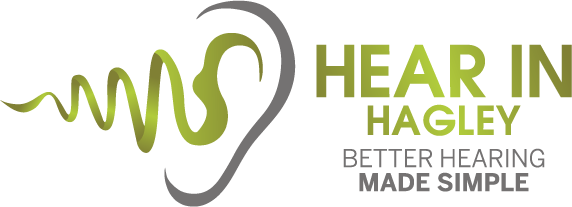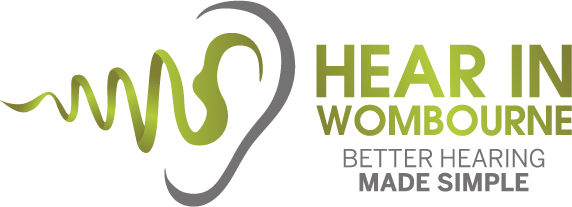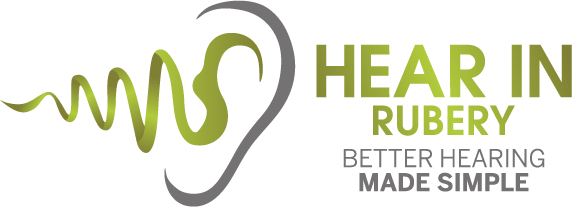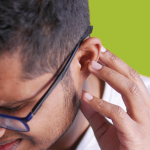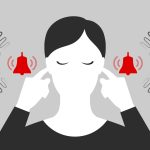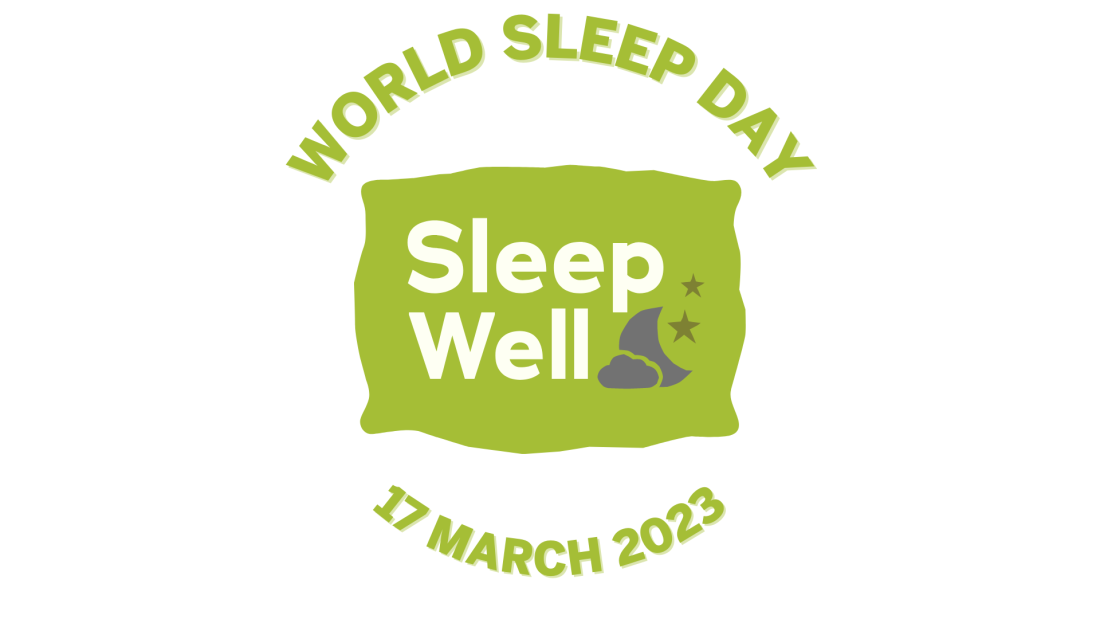
World Sleep Day: Sleep and Hearing Loss – Are They Linked?
Are hearing issues causing you to lose sleep? Is a lack of sleep causing your hearing loss? Studies show that sleep and hearing issues are linked. To mark World Sleep Day 2023 on Friday 17 March, we explore the correlation between sleep and hearing loss and what can be done to improve your hearing health and sleep.
What is World Sleep Day?
World Sleep Day is an annual, internationally recognised event created and hosted by the World Sleep Society. The event builds connections and raises sleep health awareness among researchers, healthcare workers, patients, and the public.
What does hearing health have to do with World Sleep Day?
Healthy sleeping patterns are linked to hearing health. Either hearing problems cause you to lose sleep or your lack of sleep is causing hearing issues.
A study suggests hearing aid users and those with normal hearing sleep better – and yet those without are more physically and mentally exhausted. Let’s look at the science behind it.
If you’re losing sleep, especially two nights’ worth, your blood vessels will have trouble functioning as they should. Your blood vessels help with circulation. If your circulation is poor, your blood flow slows.
This means that your ears receive less of the essential nutrients they need. A lack of nutrients causes your auditory hair cells, which help you hear, to deteriorate.
Sleep disorders like insomnia and sleep apnoea have been linked to reduced brain function especially central auditory. Hard of hearing people must work harder to discern between sounds, a skill that requires core auditory processing.
Not getting enough quality sleep can also exacerbate tinnitus symptoms, as well as the despair and worry that can accompany sleep loss.
If hearing problems are the cause of your sleep deprivation, tinnitus is likely to be a problem. According to the JAMA Neurology journal, 749 million people are affected by Tinnitus.
Experiencing the sensation of constant ringing in your ears? Yes, that’s Tinnitus, and it often indicates a more serious underlying health issue. You could be affected by age-related hearing loss, untreated ear damage or even circulatory problems.
It’s for this reason that you should see an audiologist. Don’t ignore the problem. Left untreated, the issue could get worse, you will continue to lose sleep, and this will only make things worse – it’s a vicious circle.
How to remedy sleep and hearing loss
The problems associated with sleep and hearing loss may be remedied by hearing aids. You might be thinking ‘I’m too young for hearing aids’. Equally, you might be totally against the idea of wearing them.
You’re not alone in your thinking. According to Hearing Link, 6.7 million people in the UK could benefit from hearing aids, but only 2 million people use them.
But, if you were to ask any of the 2 million that do wear them whether they sleep better, most would say yes.
A study in Germany found that 59% of hearing aid users were more content with their sleep compared with a 44% satisfaction rate among people who don’t wear hearing aids.
It’s worth pointing out that hearing aids are not a sleep aid. If you suffer with insomnia, hearing aids can’t cure your condition. However, if you’re hearing health is causing your insomnia, wearing hearing aids as part of your daily routine can help to ease conditions like tinnitus that keep you awake at night.
Help with hearing loss
If you think you are experiencing hearing loss, we can help you do something about it. Here’s what our ‘Hear In’ clinics offer:
- FREE hearing assessments
- FREE aftercare
- FREE servicing
- Hearing aids with 60-day money back guarantee
- 6-month hearing reviews
- Up to 5-year warranty for hearing aids
